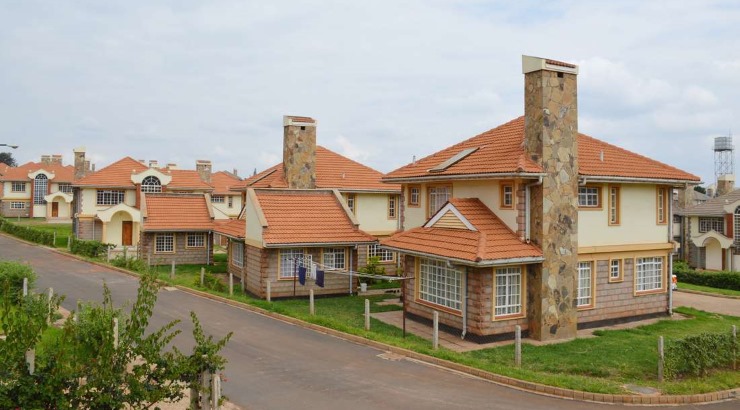Editorial
State Incentives Needed for Low Cost Housing
The government should consider waiving VAT on low cost housing projects.

House prices in Kenya have risen over the past decade mainly due to the high cost of land, a situation that has made it impossible for a majority of citizens to own homes.
Last year’s report by the Central Bank of Kenya and the World Bank showed over 90% of Kenyans cannot afford to buy a house, even with mortgage loans.
The report also showed that only 8% of Kenyans can afford mortgage loans. This paints a grim reality of just how property prices have skyrocketed within the past five years.
To save the situation, the government should step in by offering incentives to developers for building low-cost houses. The government should consider waiving value-added tax (VAT) on low-cost housing projects valued over Sh15 million, for example.
Savings from such tax exemptions will encourage the construction of more low-cost houses.
RELATED: World Bank Tips Kenya on Ways to Solve Housing Crisis
Other incentives that can further spur the development of affordable housing include lower taxes on housing bonds, tax deductibility on housing loans, and tax deductibility for expenditure on social infrastructure.
Developers greatly value incentives because they reduce the cost associated with the development, thereby making a project more profitable.
If the State can give incentives for the construction of transport infrastructures and ICT parks, it should also offer incentives to builders of affordable houses in urban centres.














